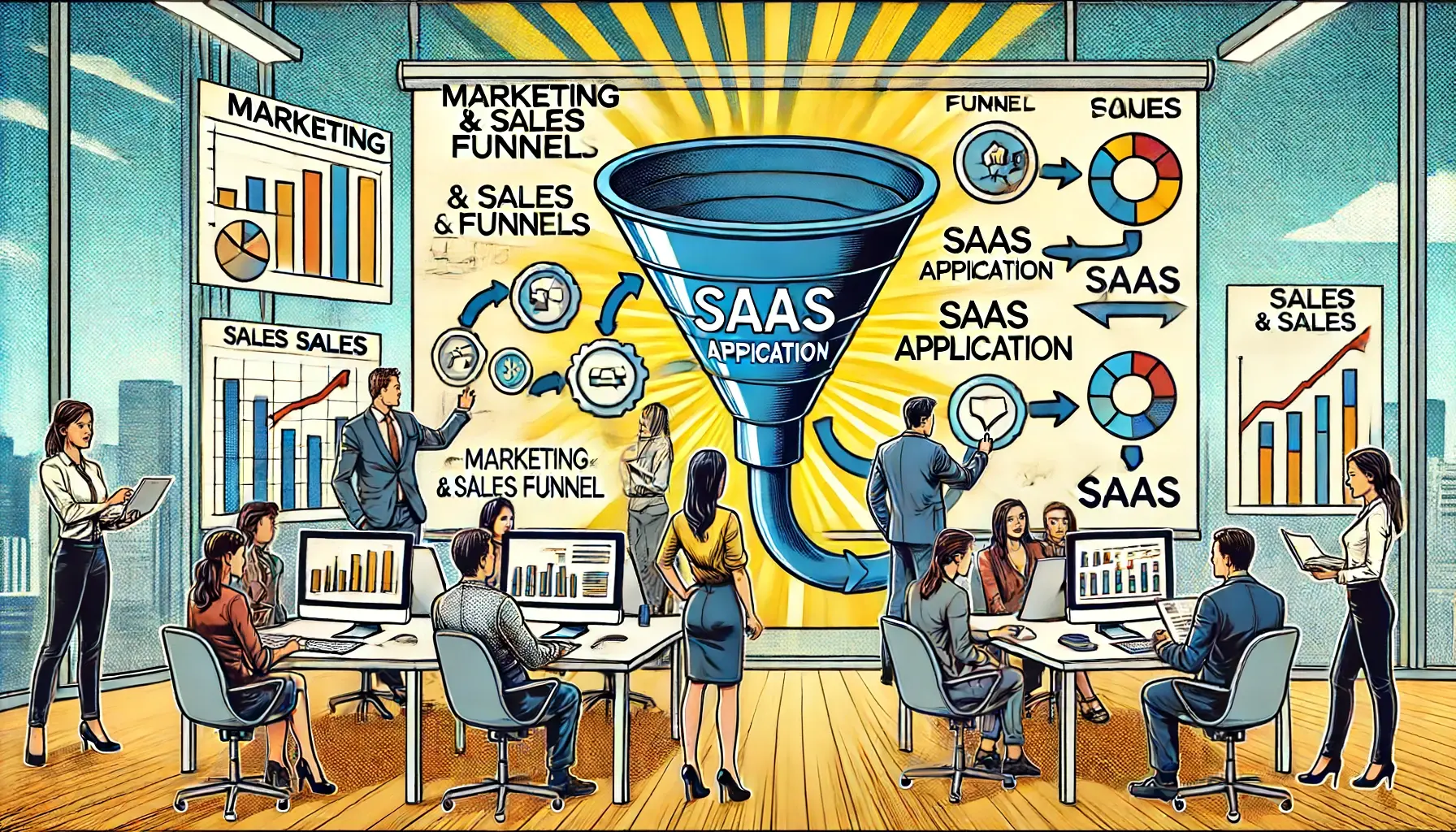In the fast-paced world of software development, the Software Development Life Cycle (SDLC) provides a structured approach that can mean the difference between success and failure, particularly for startups in the Software as a Service (SaaS) space. Understanding and implementing a well-defined SDLC process is crucial for ensuring the delivery of high-quality software products that meet customer expectations and are delivered on time and within budget. However, navigating the complexities of SDLC can be a daunting task for many startups. This is where the guidance of seasoned advisors with a proven track record becomes invaluable.
Understanding SDLC
The Software Development Life Cycle is a systematic process that involves several phases: planning, designing, building, testing, and deploying software. Each phase has specific deliverables and a clear set of tasks aimed at ensuring the end product is effective and efficient. For SaaS startups, the stakes are particularly high because their entire business model revolves around their software's continuous availability and scalability.
Challenges for Startups
Startups, especially in the SaaS domain, face unique challenges that stem from limited resources, the pressure to quickly capture market share, and the need to continuously innovate. These challenges make it essential for startups to adopt an SDLC that not only supports rapid development but also ensures stability, security, and scalability. The most common issues that arise include:
- Rapid Scaling Needs: Startups often need to scale their operations quickly to meet growing user demand, which can strain initial software designs.
- Integration Requirements: As startups grow, integrating with other systems and software becomes necessary, requiring robust architecture from the outset.
- Continuous Deployment: SaaS models thrive on continuous updates and improvements, necessitating a dynamic SDLC that accommodates frequent releases without downtime.
The Role of Seasoned Advisors
This is where seasoned advisors come into play. These professionals bring years of industry experience and a wealth of knowledge from working across various software development projects, often with a focus on the unique needs of startups:
-
Expertise in Modern Practices: Advisors can introduce modern methodologies like Agile, DevOps, or Continuous Integration/Continuous Deployment (CI/CD), which are ideal for the dynamic nature of the SaaS business. These practices emphasize flexibility, faster production cycles, and the resilience needed in a competitive market.
-
Risk Identification and Mitigation: Experienced advisors can foresee potential challenges and bottlenecks that startups might overlook. Their expertise allows them to suggest effective mitigation strategies, helping to avoid costly delays and technical debt.
-
Objective Reviews and Audits: By conducting thorough audits of the current SDLC processes, advisors can identify inefficiencies and areas for improvement, ensuring that the startup’s development processes align with its business goals.
-
Scalability and Security: Advisors can architect frameworks that are inherently scalable and secure, critical components for SaaS applications that handle sensitive data and require uninterrupted service.
-
Training and Mentorship: Besides setting up processes, advisors can train and mentor in-house teams, ensuring the startup remains self-reliant. This capacity-building is crucial for long-term success.
Conclusion
For tech startups in the SaaS industry, the SDLC is not just a methodology but a strategic asset that can dictate their market position and growth trajectory. Investing in seasoned advisors who can refine and tailor these processes to the startup's specific needs offers a clear advantage. The expertise these advisors bring can dramatically reduce the time to market and enhance the product's quality, ensuring the startup remains competitive and compliant with industry standards.
Ultimately, the goal is to build a foundation that supports sustainable growth and innovation. With the right guidance, startups can optimize their development lifecycle to meet today's challenges and tomorrow's opportunities.






